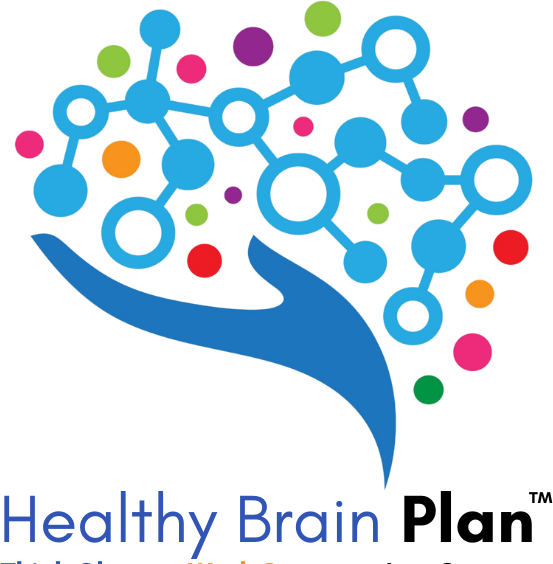More young adults are reporting serious problems with memory, concentration, and decision-making, posing a growing public health concern.
Published In: Neurology
Date: October 2025
Authors: Wong et al.
Link to Study: https://www.neurology.org/doi/full/10.1212/WNL.0000000000214226
Summary
This study analyzed national survey data from over 4.5 million U.S. adults between 2013 and 2023 and found that the prevalence of self-reported cognitive disability rose significantly, especially among younger adults aged 18-39. The study excluded individuals with depression to focus on nonpsychiatric cognitive challenges. Findings show growing disparities by age, race, income, and education, suggesting the need for targeted public health strategies.
Key Takeaways
✅ Cognitive disability increased from 5.3% in 2013 to 7.4% in 2023.
✅ YOUNG ADULTS (18–39) NEARLY DOUBLED in reported cognitive challenges, from 5.1% to 9.7%.
✅ Rates were highest among people with lower income and education levels.
✅ Chronic health conditions (like stroke, diabetes, and hypertension) were strongly linked to higher cognitive disability.
Why It Matters for You
Cognitive challenges are no longer just a concern for older adults. Young and middle-aged people are increasingly reporting memory and focus problems, often tied to stress, chronic health issues, or socioeconomic pressures. Paying attention to brain health, through sleep, exercise, stress management, and regular health care—matters now more than ever.
Citation
Wong, K.-H., et al. (2025). Rising Cognitive Disability as a Public Health Concern Among US Adults: Trends From the Behavioral Risk Factor Surveillance System, 2013–2023. Neurology, 105(8), e214226. https://www.neurology.org/doi/full/10.1212/WNL.0000000000214226
